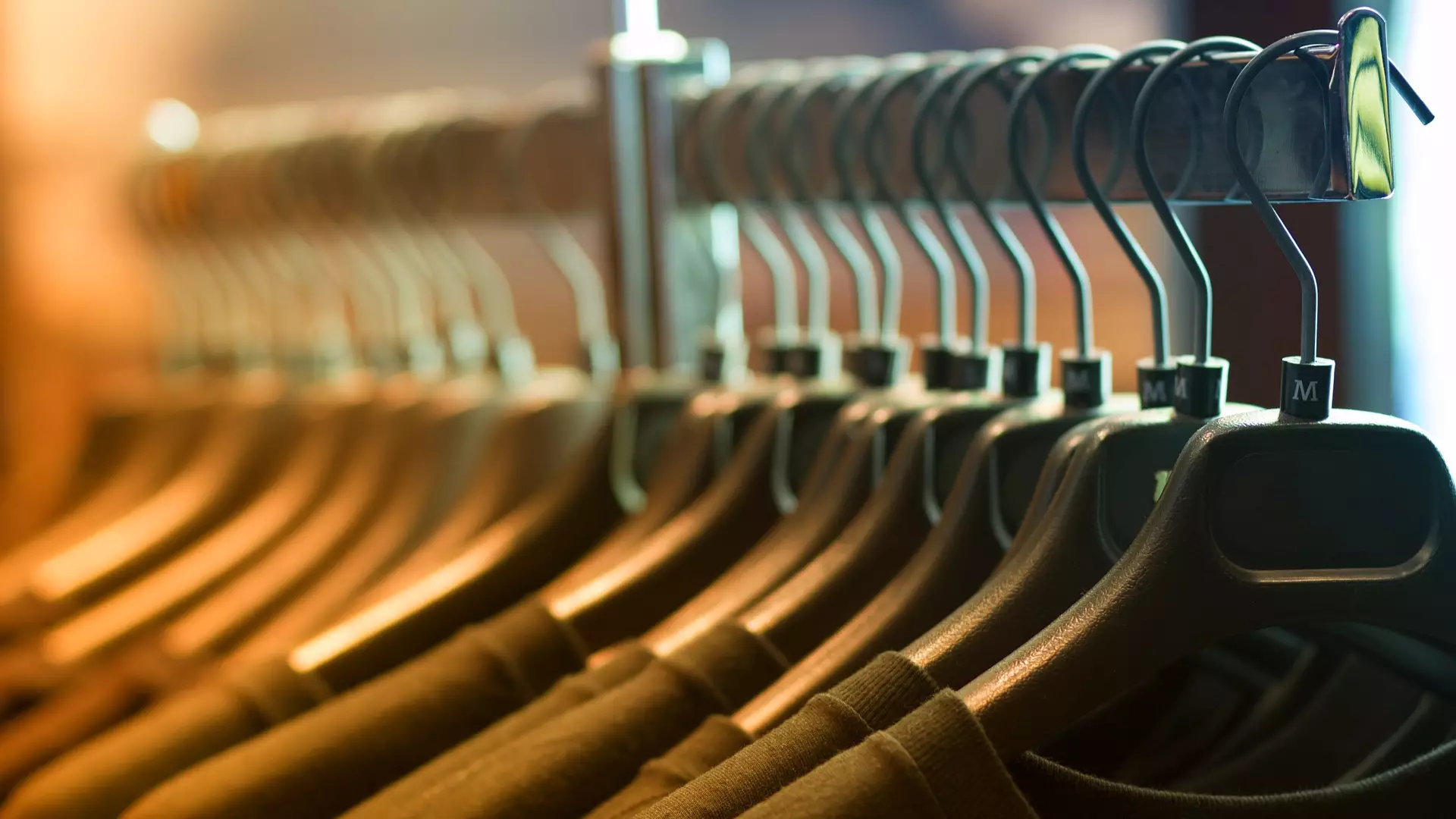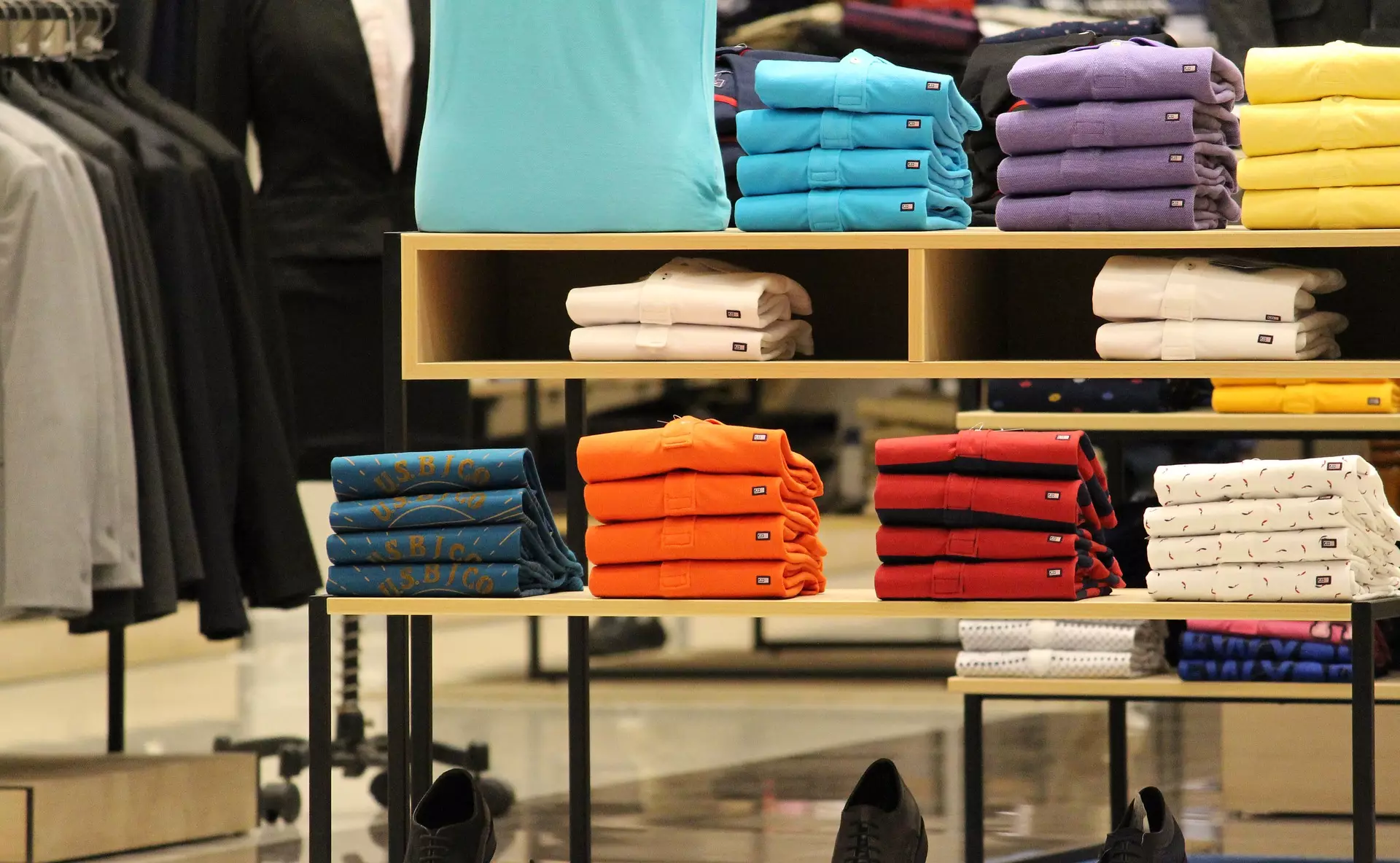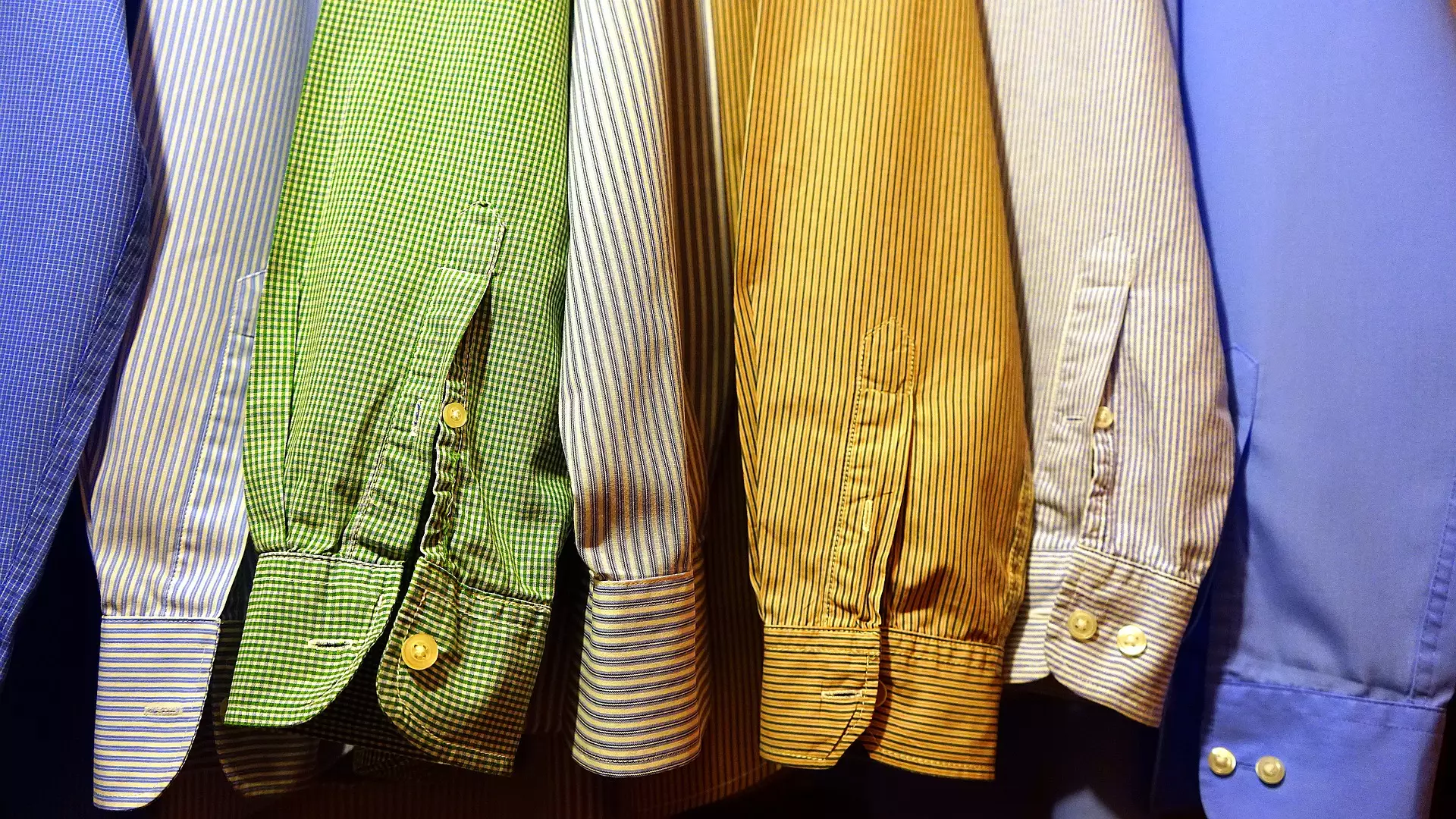
UK consumers' carbon footprint is getting worse, particularly with regards to their purchase of clothing, according to a report by Wrap, a registered charity which aims to improve resource efficiency.
The rise is attributed to consumers' taste for 'fast fashion', described as the buying, wearing, and discarding of clothes after only limited use, as well as a shortage of raw materials. A quarter of clothes were binned rather than recycled last year.
The 1.13 tonnes of clothing bought created 26million tonnes of carbon dioxide emissions from production and disposal. This leaves the clothing industry fourth - after transport, housing and food - in terms of its impact on the environment.

While fashion may seem unrelated to environmental damage in comparison to heavy industry, air travel or our use of cars, it is a labour and resource-intensive sector which contributes heavily to the problem. For example, it takes almost 10,000 litres of water to produce one pair of jeans.
While the government's waste advisory body, Wrap, revealed the statistics, it also noted that UK households are increasingly saving energy by washing clothes at lower temperatures and using tumble dryers less often.
The organisation is trying to get retailers and brands to focus on 'priority' garments, which are those with the biggest environmental impact and also tend to also be best sellers, such as women's dresses, jumpers and jeans, as well as men's jumpers and T-shirts.

For consumers, the choice between ethical wear and cheap wear is a difficult one, with prices varying wildly between products made with a lower carbon footprint and those which don't put too much a dent in family budgets. However, Wrap's report highlights an increasing trend to buy clothes for single or limited use before throwing them away.
Wrap launched Scap (Sustainable Clothing Action Plan) to promote resource efficiency and help businesses find new streams of revenue to offset losses that might be made from improving their business practices environmentally.
Signatories include the British Heart Foundation, ASOS and F&F, as well as Sainsbury's, Primark and Oxfam. The organisation claims its signatories have outperformed other companies in the industry to reduce water usage and waste in general, while the initiative has also encouraged businesses to switch to more sustainable fibres on production lines.
Sources: Guardian, Gizmodo and Wrap
Advert
Words: Ronan O'Shea